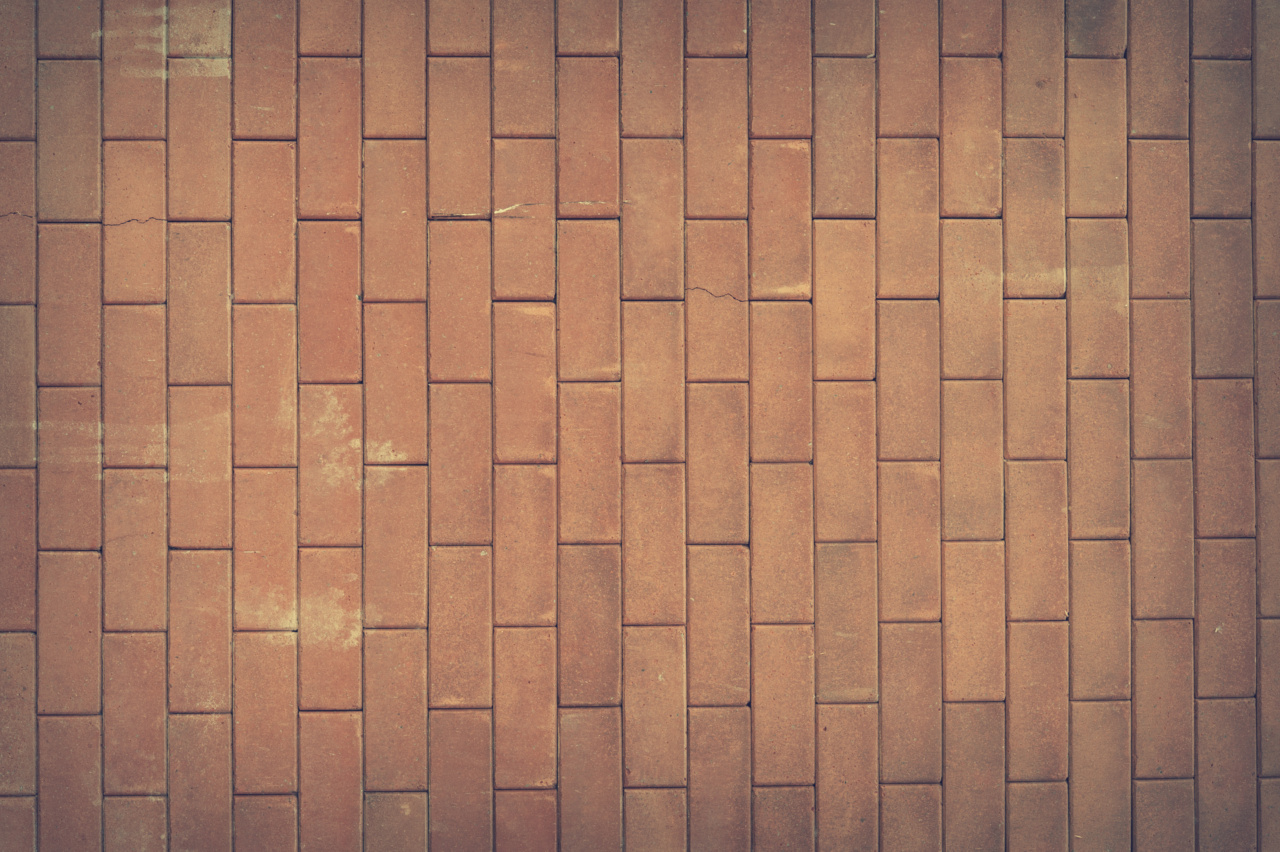Kidney stones are hard deposits that form in the kidneys and can cause excruciating pain. They are formed when there is an imbalance in the substances that make up urine, such as calcium, oxalate, and uric acid.
While small kidney stones can pass through the urinary tract without causing much trouble, larger stones can block the flow of urine and lead to severe complications.
Preventing the formation of kidney stones is crucial to avoid the discomfort and potential health risks associated with them. Traditionally, preventive measures have focused on dietary modifications and increased fluid intake.
However, new strategies have emerged that can effectively reduce the risk of kidney stone formation. In this article, we will explore these innovative strategies and their potential benefits.
1. Dietary Modifications
A well-balanced diet plays a vital role in preventing kidney stones. Consuming certain foods in moderation and avoiding others can help maintain healthy urine composition. Here are some dietary modifications that can aid in preventing kidney stones:.
2. Increase Fluid Intake
Staying adequately hydrated is key to preventing kidney stones. Drinking plenty of water dilutes the substances in the urine that could potentially form stones. It is generally recommended to drink at least 8 cups (64 ounces) of water per day.
3. Consume Foods Rich in Citric Acid
Citric acid helps prevent the formation of certain types of kidney stones. Including foods high in citric acid, such as lemons, oranges, and grapefruits, in your diet can be beneficial.
Citrate, a component of citric acid, binds with calcium in the urine, reducing the risk of calcium stones.
4. Limit Sodium Intake
High sodium intake is associated with an increased risk of kidney stones. Excessive sodium in the diet leads to greater calcium excretion through urine, which can contribute to stone formation.
It is advisable to limit sodium intake by avoiding processed and packaged foods.
5. Reduce Animal Protein Consumption
Animal proteins, such as meat and seafood, contain purines that are metabolized into uric acid. High levels of uric acid in the urine can lead to the formation of uric acid stones. Limiting the consumption of animal protein can help prevent such stones.
6. Avoid Oxalate-Rich Foods
Oxalate is a substance found in many foods and can bind with calcium in the urine to form kidney stones. Avoiding or reducing intake of oxalate-rich foods like spinach, rhubarb, beets, and chocolate can minimize the risk of calcium oxalate stones.
7. Medications for Stone Prevention
In certain cases, medications may be prescribed to prevent kidney stone formation. These medications work by altering urine composition or inhibiting the formation of specific substances responsible for stone formation.
Commonly prescribed preventive medications include:.
8. Thiazide Diuretics
Thiazide diuretics are commonly used to treat high blood pressure, but they also help prevent calcium stones formation. These medications reduce the excretion of calcium in urine, lowering the likelihood of stone formation.
9. Allopurinol
Allopurinol is used to manage gout, a type of arthritis caused by the deposition of uric acid crystals in joints. It can also be prescribed to prevent the formation of uric acid stones by reducing uric acid production in the body.
10. Surgical Interventions
In complex cases or when conservative approaches fail, surgical interventions may be necessary to prevent recurring kidney stones. Some common surgical interventions include:.
Conclusion
Preventing kidney stones requires a multi-faceted approach. By adopting new strategies and making necessary lifestyle changes, individuals can significantly decrease their risk of kidney stone formation.
Dietary modifications, increased fluid intake, and medications can all play a role in preventing the development of kidney stones and avoiding the associated pain and complications.































